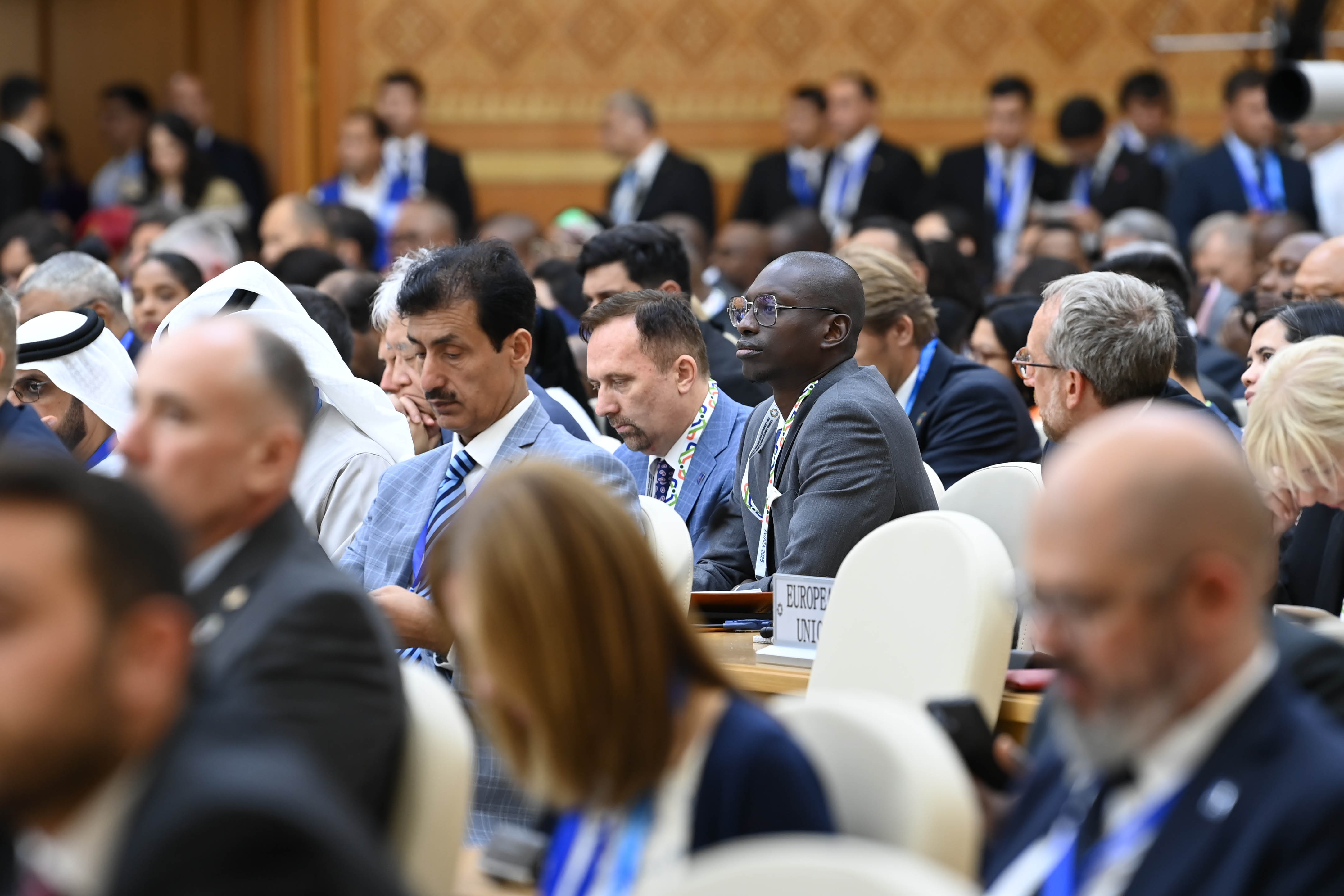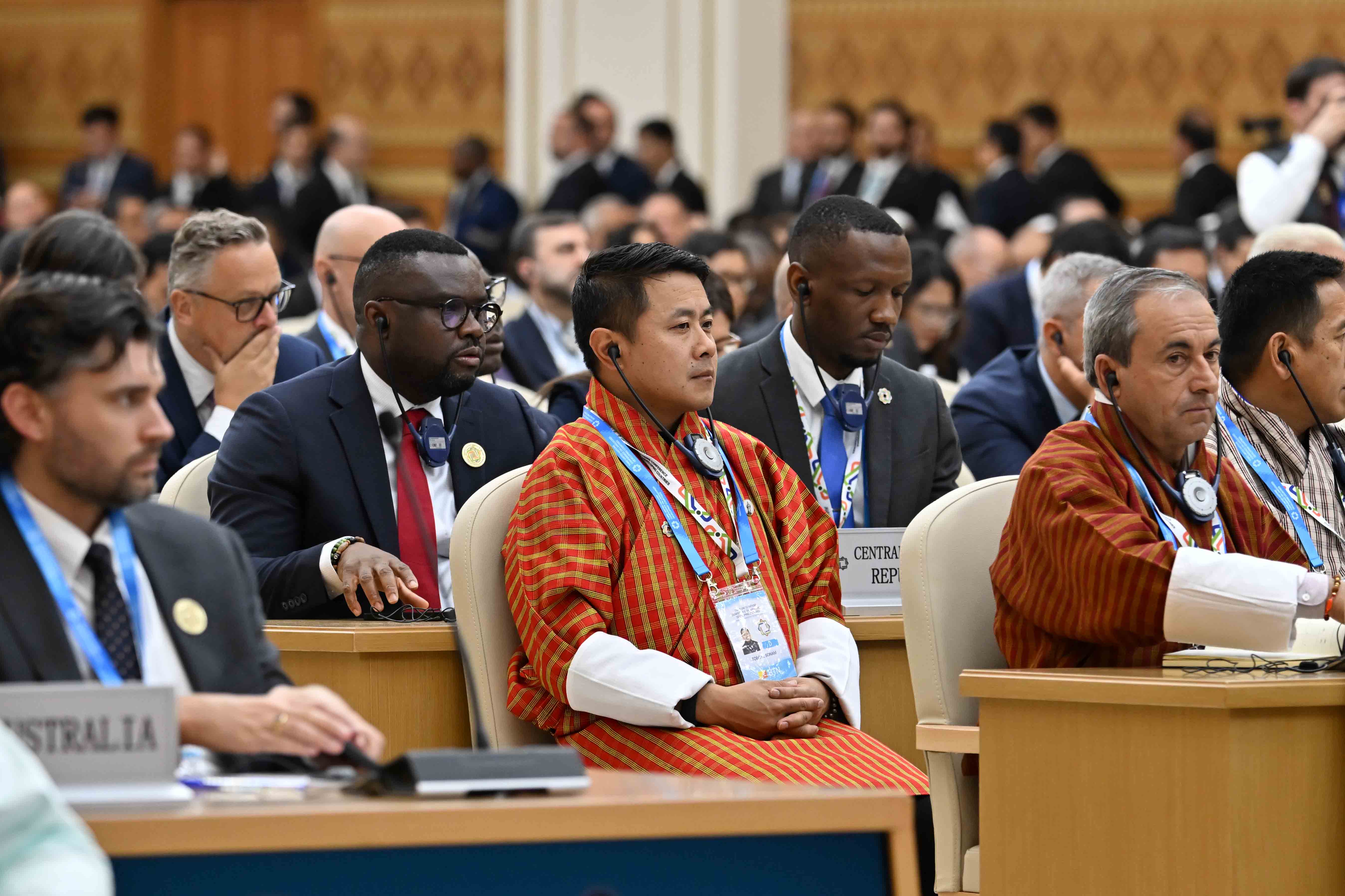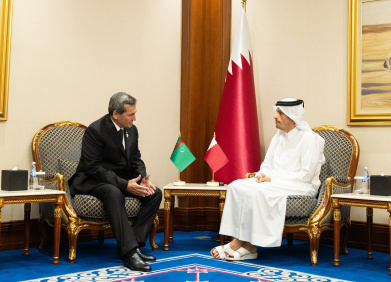Turning Geography from a Barrier into a Bridge: Guterres Names Four Priorities for Action
05.08.2025 | 18:20 |Secretary-General António Guterres began his speech at the Third UN Conference on Landlocked Developing Countries, which opened in Avaza on 5 August, by thanking the Government and people of Turkmenistan for their warm welcome and leadership in organizing this important conference. He immediately outlined the main goal of the forum: to reaffirm the fundamental principle that geography should not be a barrier to development.
Guterres stressed that for 32 landlocked countries, geography continues to pose serious obstacles:
• High trade barriers and costly transport routes.
• Limited access to world markets.
• Vulnerability due to dependence on commodity exports and rising debt burden.
• Deep global inequality resulting from unfair economic architecture and the legacy of colonialism.

Four Key Priorities for the Avaza Action Program
Guterres said the conference is not about problems, but about solutions. It aims to launch a “new decade of ambition” through the Avaza Action Program to unlock the full sustainable development potential of LLDC countries. He outlined four key areas for joint work.
1) Accelerate structural transformation and economic diversification
A focus on bold investments in manufacturing and innovation is needed. Central to this is the development of digital infrastructure and digital literacy, especially among women and rural populations. Digital tools can help overcome physical barriers and provide access to global markets.
2) Strengthen trade, transit and regional connectivity
Investments are needed in both the “hardware” (transport corridors, energy networks) and “software” (simplification of procedures, harmonization of standards) parts of the infrastructure. Guterres called for reform of the global trading system to better reflect the needs of these countries, as well as deeper ties with transit countries.
3) Strengthen climate action
Despite the fact that landlocked countries produce less than 3% of global emissions, they suffer disproportionately from the climate crisis. The Secretary-General called for a doubling of climate finance for adaptation, investment in early warning systems and an ambitious approach to the upcoming COP30. He emphasized that the “green transition” can be a springboard for these countries.
4) Mobilize financing and partnerships
Guterres noted that the global financial system is not up to the task. He called for tripling the lending capacity of multilateral development banks, reforming the sovereign debt architecture and strengthening global tax cooperation.

The UN Secretary-General emphasized that the success of landlocked countries is integral to the success of the entire 2030 Agenda. He called for turning geography from a barrier into a bridge that connects peoples, markets and cultures, and forging a more equitable and sustainable future for all.
ORIENT











